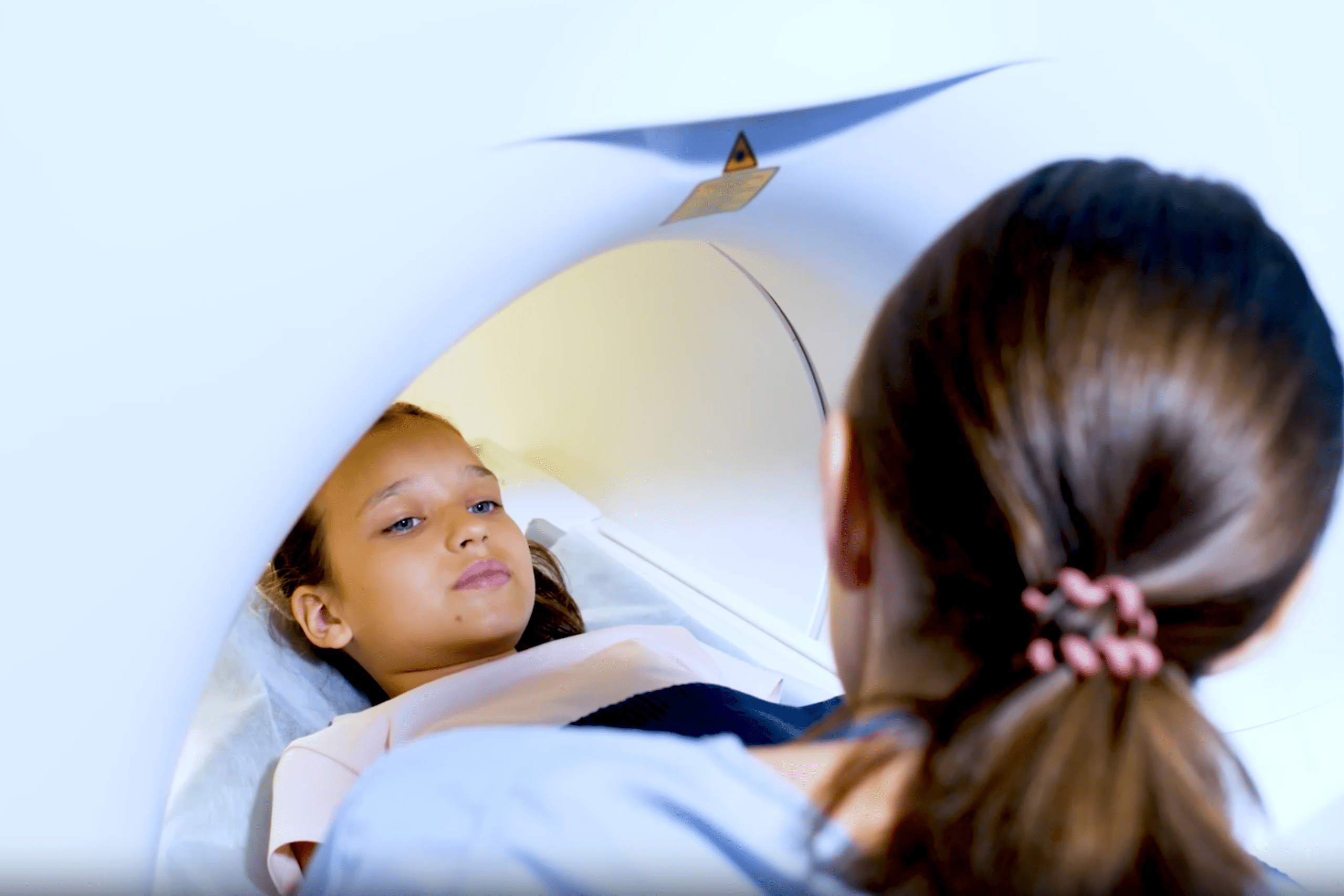Eleva publishes preclinical data on proprietary Factor H therapy for Complement Disorders as Program Advances Toward Clinical Trials
Data demonstrates the therapeutic potential of Factor H (CPV-104) as complement modulator and delivered preclinical proof-of-concept in an established disease model for C3G.
Freiburg im Breisgau, Germany, May 13, 2024 – Eleva, a pioneer in unlocking difficult-to-produce biologics based on a breakthrough manufacturing platform, announced today the publication of positive in vitro and in vivo data on its lead pipeline asset Factor H (CPV-104) in the peer-reviewed scientific journal ‘Frontiers in Immunology’. Factor H (CPV-104), a recombinant version of human complement Factor H, is being developed as a novel treatment option for C3 Glomerulopathy (C3G) and has shown therapeutic potential in additional indications such as atypical hemolytic uremic syndrome (aHUS) and the dry form of age-related macular degeneration (dry AMD). Eleva is preparing a first clinical study in C3G and expects to commence dosing patients in H1 2025.
The preclinical data sets now published in collaboration with Eleva’s research partners support the transition of the program into clinical studies in C3G and further underline its broader potential in additional complement-related disorders. As part of the analysis, the pharmacokinetic profile and biodistribution of Factor H (CPV-104) were evaluated in non-human primates and Factor H-deficient mice. In an established animal model for C3G, treatment with Factor H (CPV-104) resulted in normalization of serum C3 levels within 24 hours after injection and the rapid degradation of C3 deposits in the kidney. At therapeutic dose levels of Factor H (CPV-104), the functional responsiveness of the complement system remained intact, as demonstrated in two bacterial challenge models. Overall, the data point towards the ability of Factor H (CPV-104) to act as a functional analogue of human Factor H.
C3G represents a rare renal disease caused by the dysfunction of the complement system, a central part of the body’s immune defense. In C3G patients, deposits of the complement factor C3 in the kidneys represent the main driver of impaired organ function and potentially organ failure requiring transplantation. Current therapeutic strategies in development focus predominantly on a broader blockade of the complement pathway, exposing patients to a significantly higher risk of bacterial infections. Naturally occurring complement regulators such as Factor H can provide a pro-resolutive option for restoring the balance of the complement system.
“The novel data on our Factor H program CPV-104 are very encouraging and support advancing this molecule into clinical studies,” commented Andreas Schaaf, Ph.D., Chief Scientific Officer of Eleva. “Factor H (CPV-104) has the potential to provide a therapeutic option that is clearly differentiated from the standard-of-care by leaving the immune system’s ability to fight infections intact. We thank all our collaborators contributing to this comprehensive data set on our lead molecule and its potential therapeutic value across a range of complement-related disorders.”
“Recombinant manufacturing of Factor H in adequate yields and at sustainable costs has proven elusive with conventional expression cell lines. Moss-produced Factor H has yielded high titers, outstanding quality, and process robustness,” added Andreas Busch, Ph.D., Chief Operations Officer of Eleva.
Back to



